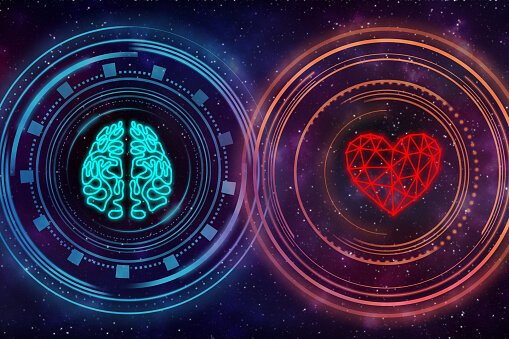

The Role of Jungian Analysis in Ketamine-Assisted Therapy (KAT)
When exploring transformative therapies like Ketamine-Assisted Therapy (KAT), integrating Jungian Analysis can offer profound benefits for individuals seeking deep psychological healing. Rooted in the work of Swiss psychiatrist Carl Jung, Jungian Analysis is a specialized form of psychotherapy that delves into the layers of the unconscious mind to address issues that may not be accessible through traditional talk therapy. In the context of KAT, Jungian Analysis enhances the therapy experience by allowing individuals to process complex emotions and unconscious material that emerges during psychedelic journeys.

What Is Art Therapy and How Is It Used in Ketamine-Assisted Therapy (KAT)?
Art therapy is a transformative approach that merges creative expression with therapeutic healing, allowing individuals to explore and process complex emotions in a way that words often cannot. In the context of Ketamine-Assisted Therapy (KAT), art therapy plays a unique role, helping clients externalize and integrate the profound insights gained during their psychedelic journeys.

EMDR Therapy and Ketamine-Assisted Therapy: A Powerful Partnership for Healing Trauma
EMDR (Eye-Movement Desensitization and Reprocessing) is the Gold Standard for trauma therapy 🏆. It helps clients process and release painful memories rapidly—often quicker than they ever thought possible.
But did you know that Ketamine-Assisted Therapy (KAT) can amplify EMDR's impact? Together, these therapies:
🧠 Unlock trauma stored in hard-to-reach places
💪 Release emotional charges held in the body
🌿 Create deeper, more integrated healing
Whether it’s unresolved childhood pain, betrayal in relationships, or persistent anxiety, EMDR and KAT offer a collaborative, personalized approach to healing.

Uncovering Deeper Healing: Integrating Somatic Experiencing in Ketamine-Assisted Therapy
In trauma therapy, the journey toward healing involves not only the mind but also the body. Traditional therapeutic methods often address the cognitive aspects of trauma, but research and practice increasingly show that our nervous system also holds trauma deeply, affecting both mental and physical well-being. Somatic Experiencing (SE) within Ketamine-Assisted Therapy (KAT) offers a powerful, integrative approach to trauma, helping individuals unlock deep-seated pain, release stored tension, and find balance.